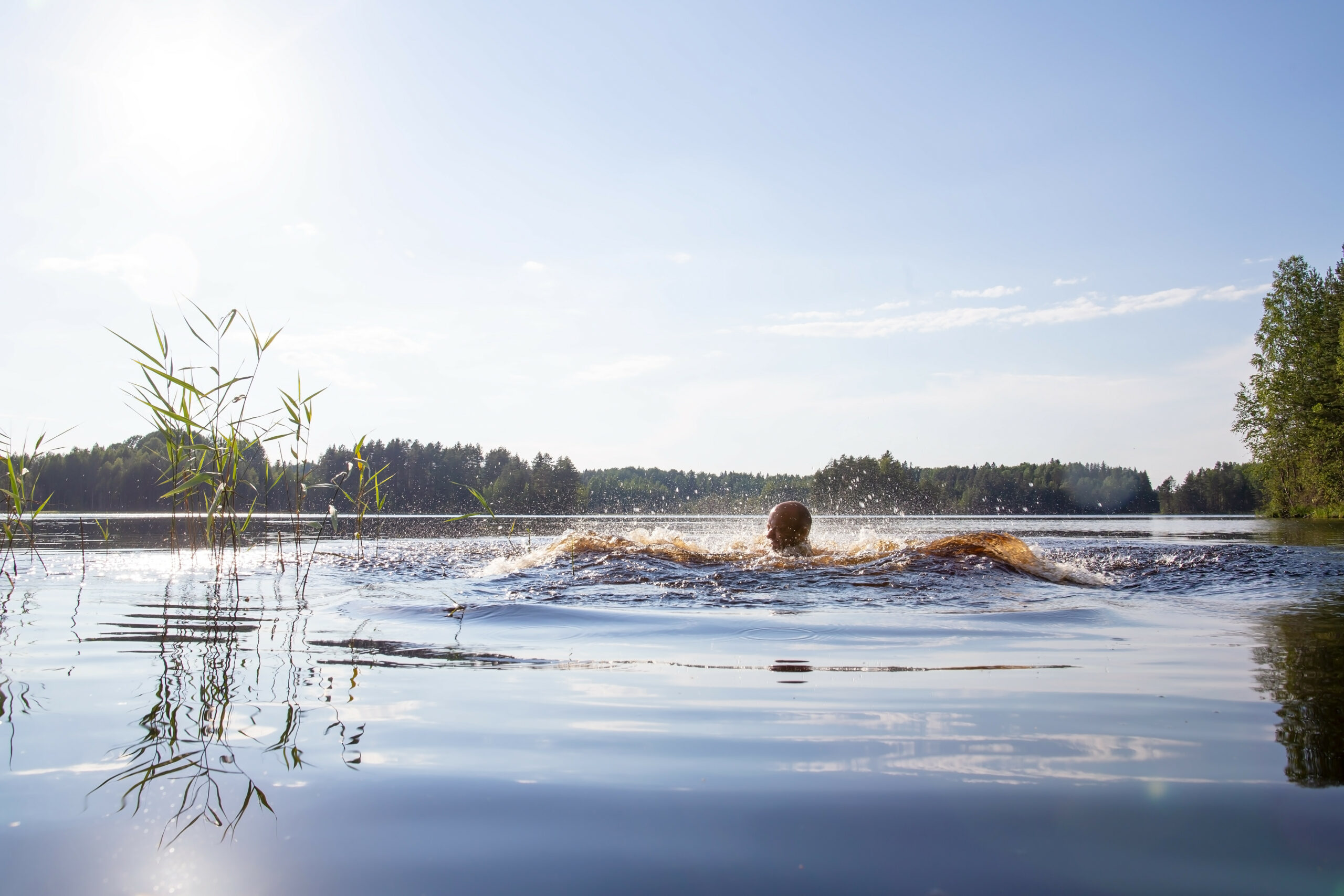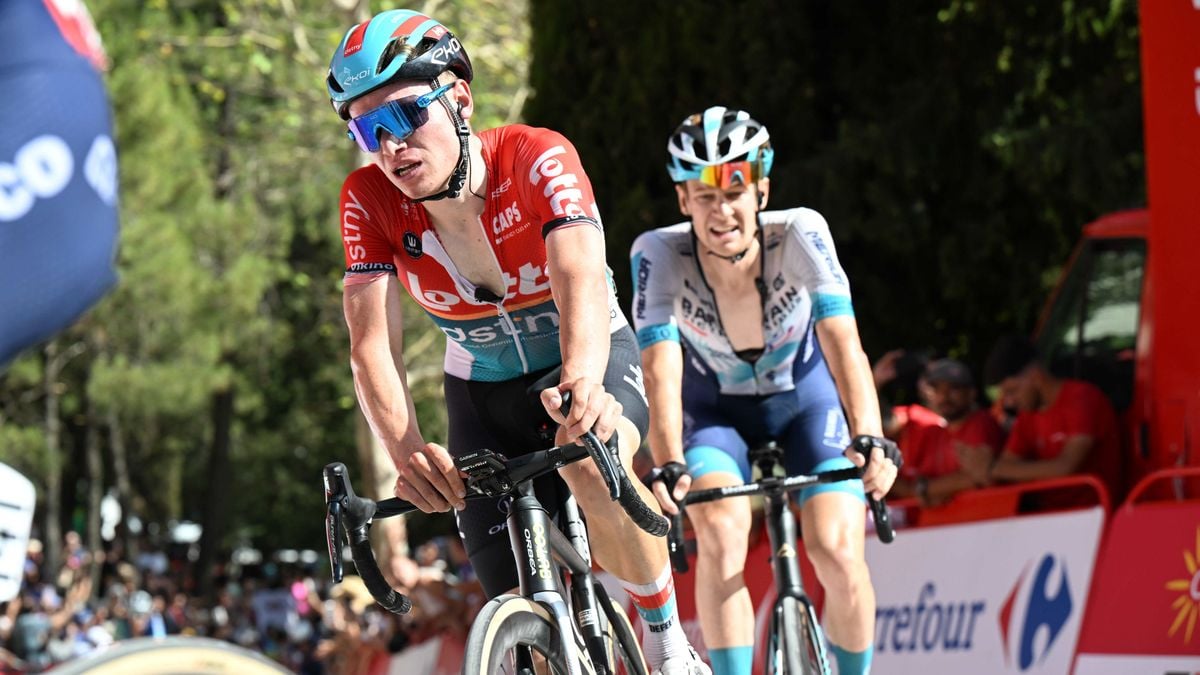In 2017, The Barn opened its first store in Etterbeek. Seven years later, the eighth branch opened this weekend, in Melcampslaan near Meiserplein. The formula is the same as in the other stores: a rather limited selection of fresh produce – especially fruit and vegetables – and lots of bulk products at a relatively low price.
“Customers choose us because of the price, the quality of the products, our wholesale offerings and our relationship with the producers,” explains co-founder Quentin Labrecque. “The bigger we get, the more we can guarantee those prices and strengthen the relationships with those producers. Between 2019 and today, our volumes have doubled.”
The reference year chosen by Labrecque is no coincidence. After 2019, the Covid crisis, and in particular the energy crisis, dealt a heavy blow to the sector. Those who had to pay an expensive gas bill often decided to save on those more expensive organic products. “But since 2023 we have seen strong growth again,” says Labrecque. “Last year we grew by 30 percent. If you do not include the opening of new stores, it is still 17 percent. This trend will continue this year.”
Brussels above
They also noted the upward trend in two other major organic suppliers in the region: Sequoia (9 branches in Brussels) and Farm (12 branches in Brussels). Both organic chains now have the same parent company, the Dutch company UDEA.
“Brussels remains the place where organic products are strongest,” says Alexis Decamp, founder of Färm. “On average, people consider organic to be more important, they often have the means to buy ecologically, and the population density is also higher. This also plays a role compared to Wallonia, for example: city dwellers are less likely to have their own vegetable garden or a farmer they know, where they can buy consciously.
These figures confirm Brussels’ leading position. A report by the Flemish Agricultural and Fisheries Marketing Centre shows that Brussels residents spend €137 per inhabitant on organic products each year. This is slightly more than in the Netherlands (€127) and much more than the Flemish average (€83). Organic consumption is growing faster in Flanders. Overall, organic products remain small in our consumption pattern. Organic food represents 3.5 percent of the total Belgian pastry. Fresh organic food fared slightly better at 5.4 percent.
The growth of the Big Three sometimes comes at the expense of smaller independent stores. Although this is not a fatality, according to Annick Verstraete of Sequoia. “In Vanderkinderen, an independent provider saw more customers when the chains were added. You can also make your offer complementary to The Barn, for example.”

“Total coffee specialist. Hardcore reader. Incurable music scholar. Web guru. Freelance troublemaker. Problem solver. Travel trailblazer.”









More Stories
Thai Air Force wants Swedish Gripen 39 fighter jets
Ageas surprises with higher operating result
Horse Palace in Belt for sale